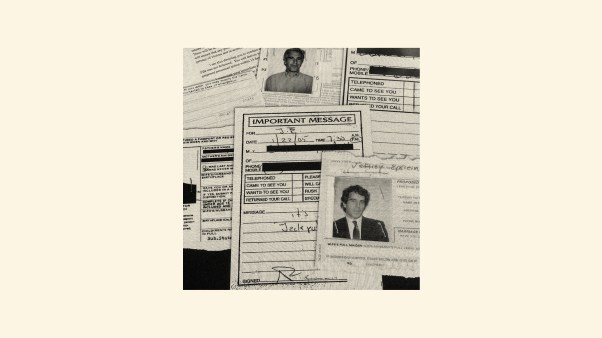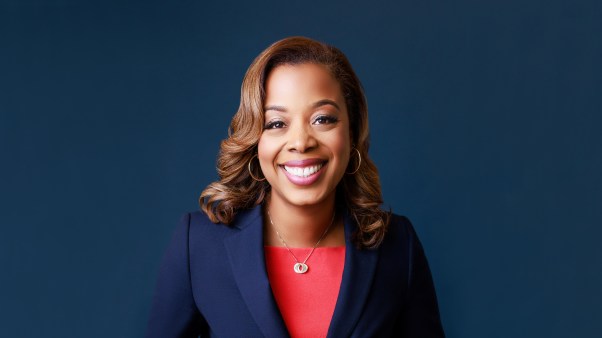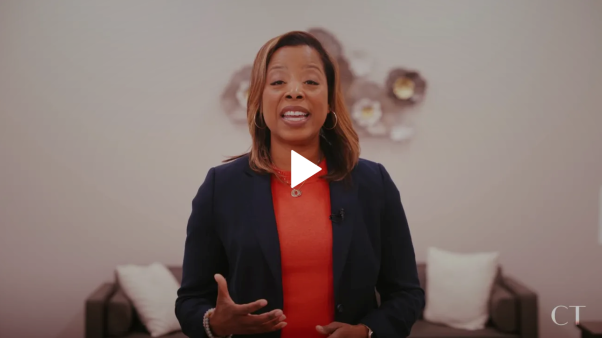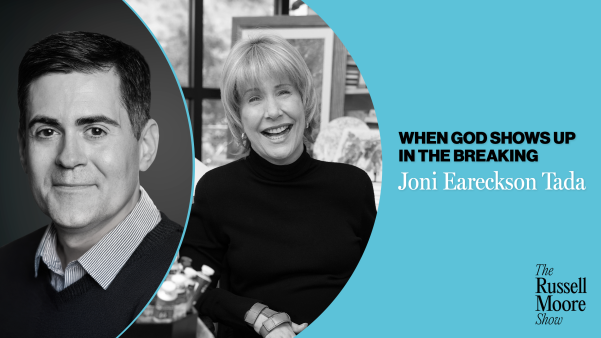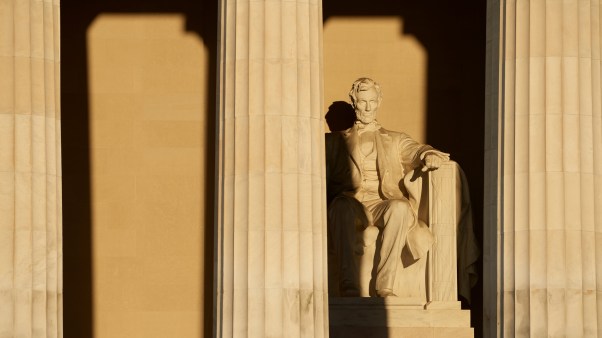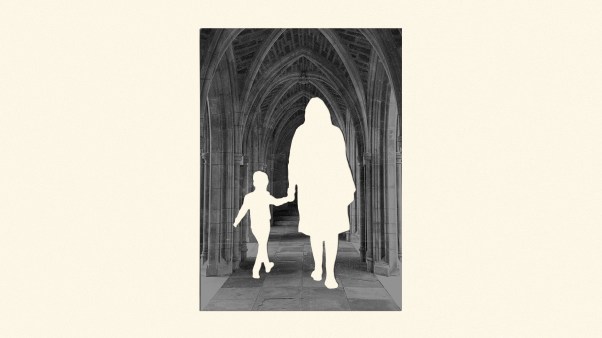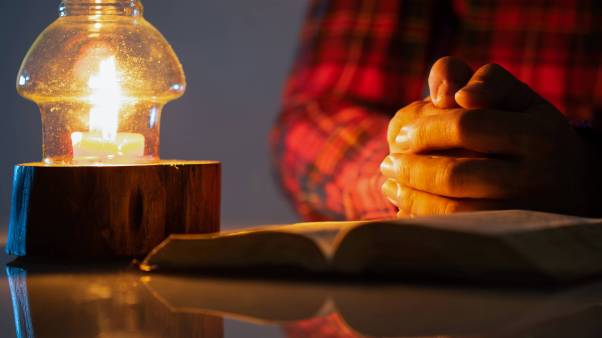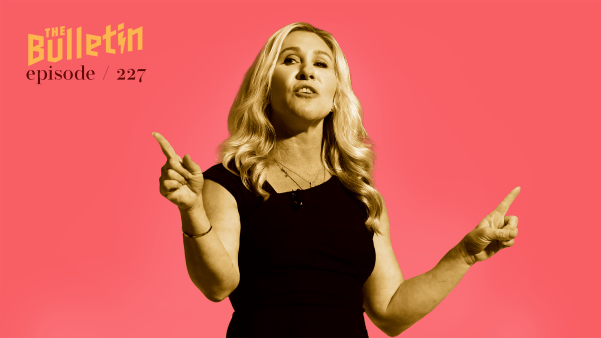In this series

The Bible shows us that part of our prophetic role as God’s people is to denounce evil and warn people about divine justice (2 Sam. 12). In light of this instruction, do you think the church should ally itself with any particular candidate?
Guilherme De Carvalho: Due to their institutional character and political function as “embassies of Christ’s kingdom,” as Jonathan Leeman puts it in Political Church, churches should not ally themselves with any candidate, as such an alliance confuses their mission with the temporal realms. But this does not mean that Christians should not act organically in defense of candidates and important issues. This is Abraham Kuyper’s view: Institutionally, the church remains separate from the state; organically, however, it participates in everything. Or, as Brazilian sociologist Paul Freston says, “religion and politics, yes; church and state, no.”
As for the church’s prophetic role, the subject is long—I think it’s more accurate to say that we have an apostolic mission, and that mission involves much more than just “prophesying,” in the sense of acting as a critical observatory of secular politics.
Iza Vicente: I do not believe that the church should give institutional support to any candidate, considering that within congregations and communities there is a plurality of opinions and political views on various factors that are part of the political debate, such as the state’s role, the economy, or education. This form of support often leads Christians who are not aligned with the candidate being supported to feel left out or betrayed. Some may even be excluded by their congregations or choose to leave because of this pressure.
Ziel Machado: No. The separation of church and state is an achievement, a civilizational advance. Any regression in this process is a disservice to the nation, the country, the church, and also the cause of the gospel. The Christian’s commitment is to Christ, not to agenda A, B, or C. The Christian must, in obedience to Christ, approve what is good and reproach what is bad, no matter the politician.
The church often approaches power, seduced by the idea that it can convert it. But history shows us that every time, the church instead ends up validating the status quo, becoming an accomplice of abuses, compromising the purity of the gospel, scandalizing its members, and allying itself with an agenda of power.
The power the church needs is the power of the Holy Spirit, the power to be witnesses of the truth. Therefore, this prophetic tradition consists in telling the truth in the name of God, in suffering for the truth in the name of God, and in never giving up the truth in the name of God. To do this, the church cannot be committed to this or that candidate.
Jacira Monteiro: Not at all. From the moment the church allies itself with any specific candidate, this undermines its commitment to being a prophetic voice—the voice that denounces evil and preaches the Lord’s judgment on the wicked. This is what we have seen in the current Brazilian evangelical church: leaders who are silent about—or try to justify—iniquitous and repugnant acts of the current manager of the executive power because they have surrendered to his project and are no longer able to denounce evil.
Ricardo Barbosa: In the Old Testament, although they sometimes prophesied against other kings and nations, prophets usually spoke in God’s name to God’s people, Israel. During the New Testament period, we have emperors who were cruel toward Christians and non-Christians. But we find virtually no passages in the New Testament denouncing the wickedness of the Roman emperors. Jesus denounces the hypocrisy of the Jewish leaders but says little—almost nothing—in relation to the civil authorities. On the other hand, we find not only exhortations and warnings addressed to the people of God but also a recommendation to submit to civil authorities.
So what conclusions should we draw from these differing approaches? First, we urgently need prophets who denounce evil in the church and among the people of God, who exhort the church to be the people God desires and to fulfill its vocation to be salt and light in the world in which we live.
Second, the prophetic word is directed inward and toward the people of God. Nevertheless, nothing prevents social and political evil from being denounced. Yet we have to be careful not to want to remove the “beam” that is in the eyes of others (here, politicians) without first clearing out the speck that is in our eye.
Another risk is being partial and reductionist. The evils in a society come from many sources. The powers (principalities and powers) act not only through politics but also in all spheres: in politics (involving the three powers, in our case), in the financial system, in advertising and the media, in education, just to name a few examples. If we intend to denounce evil, we must first identify the powers that act in order to denounce them.
All of this touches on the next question: Should the church ally itself with any particular candidate? Personally, I would say no, as this violates the historical principle of separation of church and state and compromises, as it has, the witness of the church, especially when it needs to denounce evil. However, it is necessary to recognize that churches are guaranteed, by law, the right to take a political stand if they want to. While I do not agree with this decision, it is up to each local community or even the denomination.
Read our guests’ bio in the lead article.













